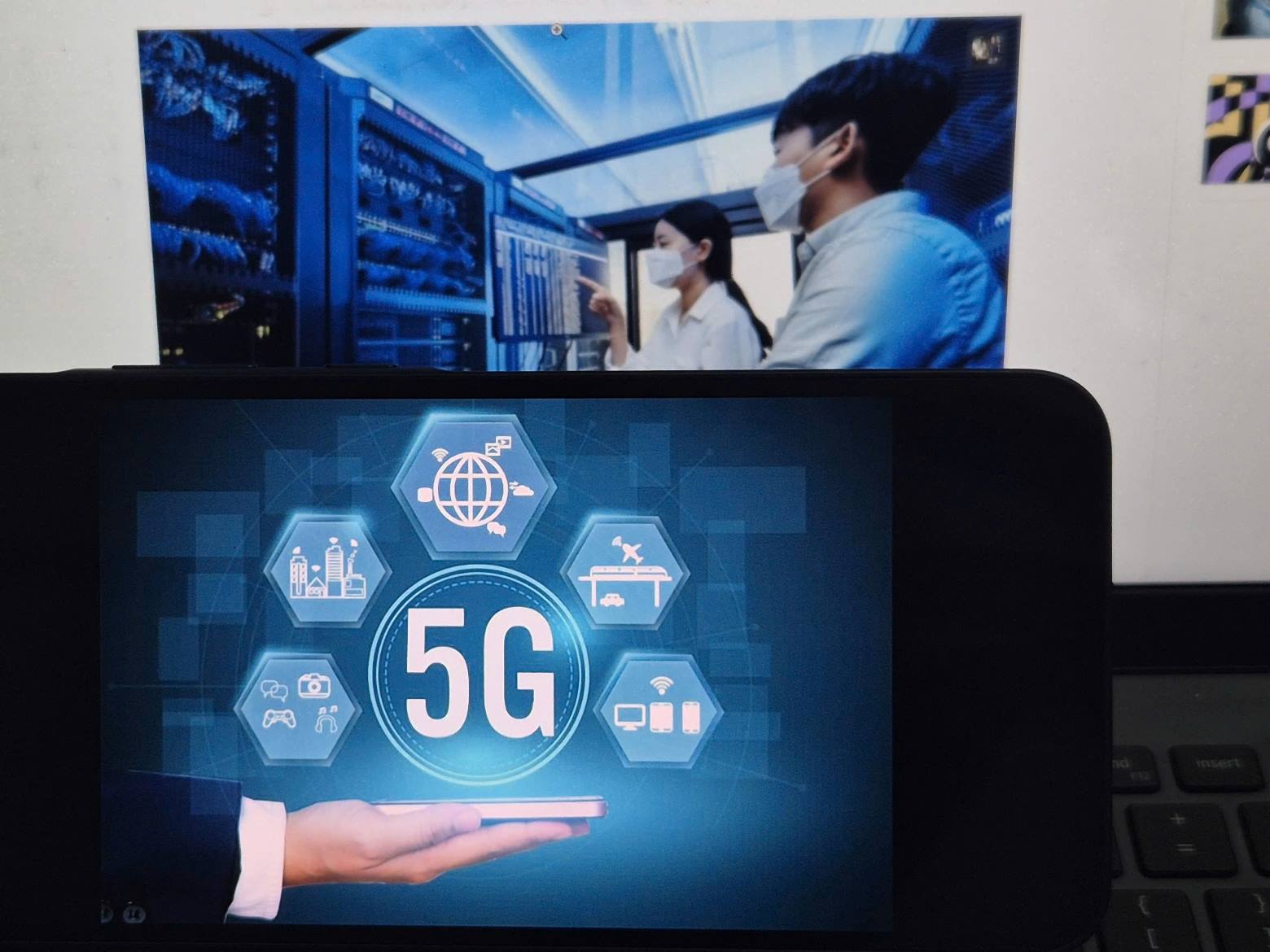The 6G network could start at the end of the decade and could open a new chapter for technology giants like Huawei, Ericsson and Nokia.
However, according to Huawei Central, whether the cybersecurity era will bring positive growth or challenge large telecommunications companies is still a big question mark.
Previously, Chief Technology Officer of T-Mobile US, Ulf Ewaldsson, emphasized that the 6G network will mark the end of passive mobile networks, promoting sharing capabilities and signaling a new era of customer experience.
According to him, the world is in the midst of the 5G era. By the end of this decade, people will have 6G and may have more than 100 times more data in use, a delay of one mili second less, and an estimated 500 billion devices connected globally. Ulf Ewaldsson also revealed that in his lifetime, the 6G network can bring in an economic value of up to 100,000 billion USD.
According to experts' analysis, the demand for 6G technology in China and the US is greater than in Europe. With the technological battles between the US and China, the global cyber market could develop in two directions, affecting the development of large telecommunications companies such as Nokia, Huawei and Ericsson.

Recently, Huawei has begun to achieve development momentum in the 5G network market thanks to its advanced solutions and technologies. In the current context, the company has even surpassed the Nokia giant in some markets, especially in China.
The company introduced a new, 3GPP-based air interface earlier this year. As of now, China is willing to spend money on 6G, which promises to boost Huawei in the domestic market.
Europe is currently lagging behind China and the US in 5G deployment. The 6G era, which could benefit Chinese companies. But for Huawei, it is still difficult for them to penetrate the market in Europe, so it will not be easy for them to have strong growth momentum in this region.











